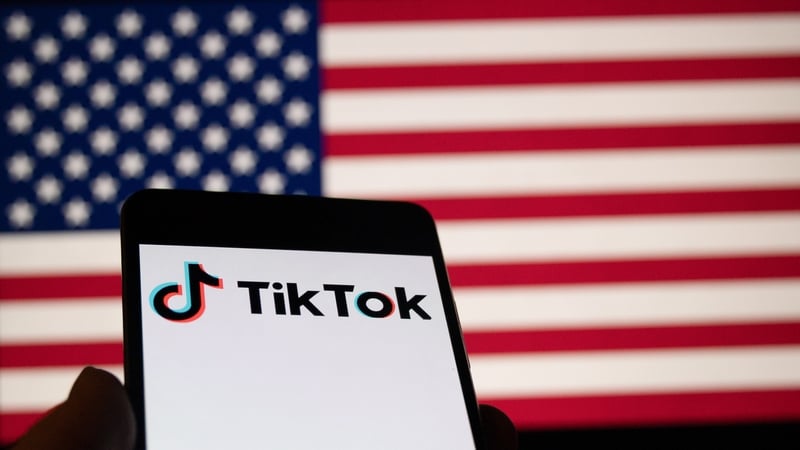Table of Contents
In a landmark decision, the U.S. Supreme Court has unanimously upheld a federal law banning TikTok unless its Chinese parent company, ByteDance, divests ownership by January 19. This ruling underscores escalating national security concerns tied to the app’s links with China, even as it sparks debates on free expression and global digital policy.
U.S. Decision and Its Immediate Impact
Effective January 19, TikTok will no longer be available for download in U.S. app stores, and updates will cease, eventually rendering the app unusable for millions. While existing users can temporarily access the platform, this decision forces ByteDance to reconsider its position on selling TikTok’s U.S. operations.
The Supreme Court’s decision reflects bipartisan anxieties about TikTok’s data collection practices and potential exposure to Chinese government influence. In its ruling, the Court emphasized the national security threat, stating, “Congress has determined that divestiture is necessary to address its well-supported national security concerns.”
Despite political contention, including President-elect Donald Trump’s promise to “negotiate a solution,” TikTok’s U.S. future remains uncertain. ByteDance, backed by Chinese legal protections that complicate the sale of proprietary algorithms, has resisted divestiture. Meanwhile, American investors, including figures like Frank McCourt and Steven Mnuchin, have expressed interest in acquiring TikTok’s U.S. assets.
Canada’s Position on TikTok: A Parallel but Separate Debate
Canada took similar measures last year, ordering TikTok to wind down its Canadian operations following a national security review. However, the Canadian government stopped short of an outright ban, allowing citizens to continue using the app while cautioning them about data risks.
Justin Simard, spokesperson for Innovation, Science, and Economic Development Canada, clarified that the U.S. ruling will not influence Canada’s stance, stating, “The government’s decision under the Investment Canada Act is final.” TikTok is currently seeking judicial review of Canada’s order, further delaying definitive action north of the border.
Potential Fallout for Canadian Users and Creators
Experts warn that a U.S. TikTok ban could indirectly impact Canadian users, primarily through diminished content diversity and advertising opportunities. According to Brett Caraway, an associate professor at the University of Toronto, Canadian TikTok creators stand to lose their largest audience segment—170 million U.S. users.
“For Canadians who are monetizing TikTok, that’s their most lucrative audience,” Caraway explained, highlighting the economic blow this could deal to Canadian content creators who rely on TikTok’s platform.
Moreover, with TikTok’s main operations based in Beijing, Canadian users and businesses may face challenges in resolving technical issues or addressing concerns about data privacy without direct regional support.
Geopolitical and Economic Implications
The U.S. TikTok ban epitomizes growing geopolitical tension between Washington and Beijing. Critics, including U.S. Senator Tom Cotton, have labeled the app a “communist spy tool,” emphasizing the urgency of divestiture.
In Canada, the lack of similar legislative tools to enforce a TikTok ban underscores a broader disparity in policy approaches to digital security. The situation also reveals the delicate balancing act governments face between protecting national security and fostering global digital innovation.
What’s Next for TikTok?
ByteDance’s refusal to sell and Trump’s promise to “save TikTok” add layers of complexity to the unfolding saga. The platform’s global future remains uncertain, as does its ability to navigate legal and political hurdles in North America.
For Canadians, the looming U.S. ban may prompt renewed scrutiny of TikTok’s operations and broader conversations about digital sovereignty and consumer data protection.
With files from AP


